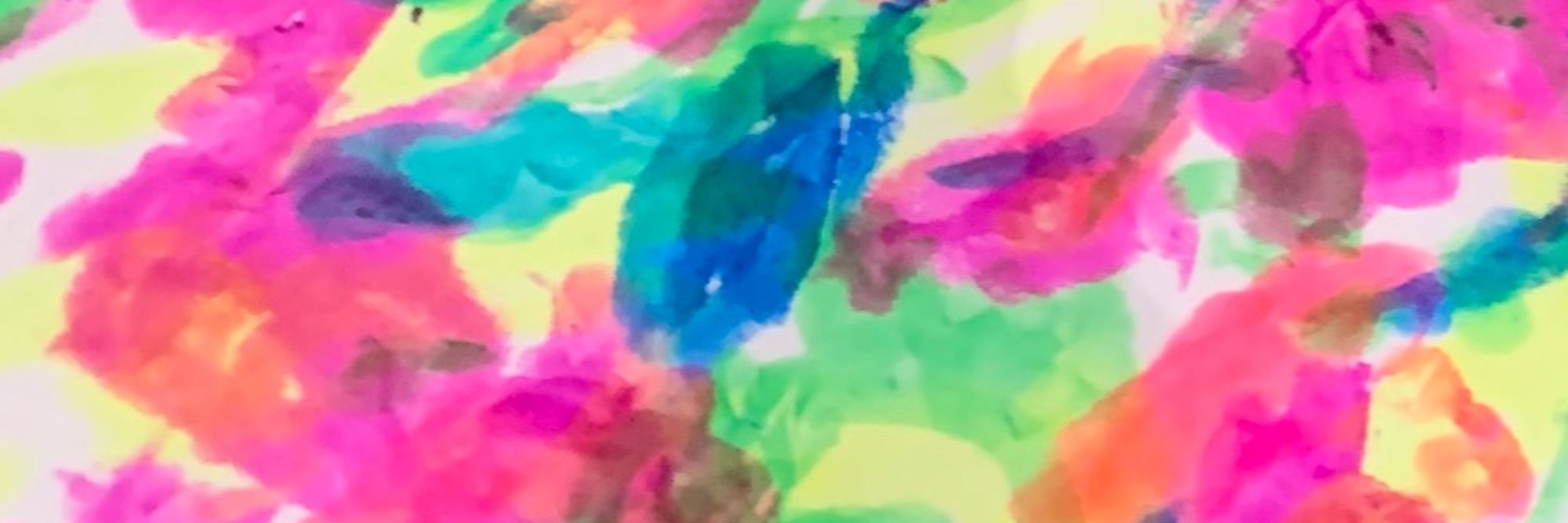
Co-Director LSHTM AMR Centre @lshtmamrcentre.bsky.social
holtlab.net | klebnet.org | typhoidgenomics.org | amr.lshtm.ac.uk
![figure showing estimated proportion of cases in clusters, for each site. range from 0.04 to 0.93, mean estimate in random effects model is 0.57 [0.46,0.68]](https://cdn.bsky.app/img/feed_thumbnail/plain/did:plc:q5nky4heg5sfix4get4zh2pw/bafkreibshmuvkuafxwd2uk3r42ss6ma2dhmaidbysgvufnbkbv5cn4guai@jpeg)
Our new preprint shows more than half of #Klebsiella pneumoniae neonatal sepsis cases in African and South Asian are nosocomial, acquired through transmission in neonatal units. #WAAW
doi.org/10.1101/2025...
Huge work from @gbouras13.bsky.social @oschwengers.bsky.social and friends to generate these.
www.ebi.ac.uk/about/news/u...

Huge work from @gbouras13.bsky.social @oschwengers.bsky.social and friends to generate these.
www.ebi.ac.uk/about/news/u...
theshamblog.com/an-ai-agent-...

theshamblog.com/an-ai-agent-...

Over 40,000 people have now signed it - thank you.
Please do keep sharing!
you.38degrees.org.uk/petitions/st...

Over 40,000 people have now signed it - thank you.
Please do keep sharing!
you.38degrees.org.uk/petitions/st...
https://doi.org/10.64898/2026.02.02.703236
https://doi.org/10.64898/2026.02.02.703236
Applications on pathogen genomics very welcome - more details below.
www.linkedin.com/posts/whopan...
Applications on pathogen genomics very welcome - more details below.
www.linkedin.com/posts/whopan...
Today, we celebrate Regina Ami Banu, who is advancing awareness, mentorship, and community engagement on #AMR in Ghana 🇬🇭
Read more 👉 www.lshtm.ac.uk/research/cen...

Today, we celebrate Regina Ami Banu, who is advancing awareness, mentorship, and community engagement on #AMR in Ghana 🇬🇭
Read more 👉 www.lshtm.ac.uk/research/cen...
🖥️ Catch last weeks webinar on our YouTube and Website!
🧬 The TyphiNET AMR surveillance dashboard: unlocking Salmonella Typhi genomics data to support public health
👉 Watch now: www.targetamr.org.uk/hdrevents/th...

🖥️ Catch last weeks webinar on our YouTube and Website!
🧬 The TyphiNET AMR surveillance dashboard: unlocking Salmonella Typhi genomics data to support public health
👉 Watch now: www.targetamr.org.uk/hdrevents/th...
The series brings together clinicians, academics, public health agencies & community organisations to highlight research & public health interventions focused on syphilis.
First meeting 26th March this year: Register below.

The series brings together clinicians, academics, public health agencies & community organisations to highlight research & public health interventions focused on syphilis.
First meeting 26th March this year: Register below.
Runs between June-July 2026
Apply by 2 May 🔽
www.lshtm.ac.uk/study/course...

Runs between June-July 2026
Apply by 2 May 🔽
www.lshtm.ac.uk/study/course...
⏰ When: 6-18 July 26
🚨 Registration: 11 May 26
🔗 meetings.embo.org/event/26-mic...

⏰ When: 6-18 July 26
🚨 Registration: 11 May 26
🔗 meetings.embo.org/event/26-mic...
Find out more 👉 spkl.io/63324AsjHO

Send your abstract by February 16th!
& Register for free in the link below:
forms.gle/LhJu11WQN6Yy...
#MicroSky #UTISky #AMRSky #Agenda

Better not let this happen in the UK.
www.theguardian.com/us-news/2026...

Better not let this happen in the UK.
www.theguardian.com/us-news/2026...
Burkholderia are bacteria that rarely cause harm in healthy people but sometimes cause serious infections, particularly for those with certain medical conditions or managing IV lines at home:
https://bit.ly/3Hhq4W4

Burkholderia are bacteria that rarely cause harm in healthy people but sometimes cause serious infections, particularly for those with certain medical conditions or managing IV lines at home:
https://bit.ly/3Hhq4W4
www.biorxiv.org/content/10.6...
www.biorxiv.org/content/10.6...
rrwick.github.io/2026/02/05/r...
Mini-study comparing a few QC/subsampling approaches, plus practical notes from my experience.
rrwick.github.io/2026/02/05/r...
Mini-study comparing a few QC/subsampling approaches, plus practical notes from my experience.

WTF is this tech bro stuff & why is UK govt @aria-research.bsky.social supporting such non-inclusive BS?
Could you find any clearer way of signalling you are NOT interested in women attending?
WTF is this tech bro stuff & why is UK govt @aria-research.bsky.social supporting such non-inclusive BS?
Could you find any clearer way of signalling you are NOT interested in women attending?
📊 We're now accepting abstract submissions for Lightning Presentations at the TARGetAMR Conference 2026! 🧠
📅 Deadline: Friday 20th March, 5pm GMT
🔗 Submit yours here: www.targetamr.org.uk/now-open-cal...
#TARGetAMR26

📊 We're now accepting abstract submissions for Lightning Presentations at the TARGetAMR Conference 2026! 🧠
📅 Deadline: Friday 20th March, 5pm GMT
🔗 Submit yours here: www.targetamr.org.uk/now-open-cal...
#TARGetAMR26
Join our hybrid short course delivered by LSHTM and @ukhsa.bsky.social introducing key modelling tools and practical applications.
Runs from 15 - 26 June 2026
Apply by 15 May 2026👉 bit.ly/3bw2bWH

Join our hybrid short course delivered by LSHTM and @ukhsa.bsky.social introducing key modelling tools and practical applications.
Runs from 15 - 26 June 2026
Apply by 15 May 2026👉 bit.ly/3bw2bWH
Come and join us to exciting, cutting-edge genomics and metagenomics work to deliver public health benefits
www.jobs.ac.uk/job/DQE112/r...

Come and join us to exciting, cutting-edge genomics and metagenomics work to deliver public health benefits
www.jobs.ac.uk/job/DQE112/r...
www.microbiologyresearch.org/content/jour...
@microbiologysociety.org

www.microbiologyresearch.org/content/jour...
@microbiologysociety.org

